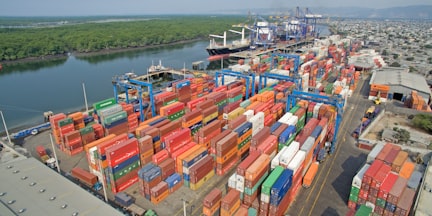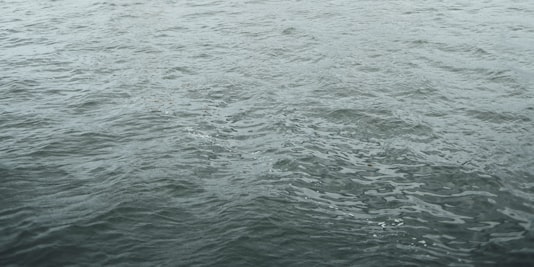
The Clean Arctic Alliance and its member organization, Norway-based Bellona, called on the Arctic Council to take action to reduce black carbon and greenhouse gas emissions from shipping in the Arctic.
The post Arctic Council urged to ‘act now’ on reducing black carbon emissions from shipping...








